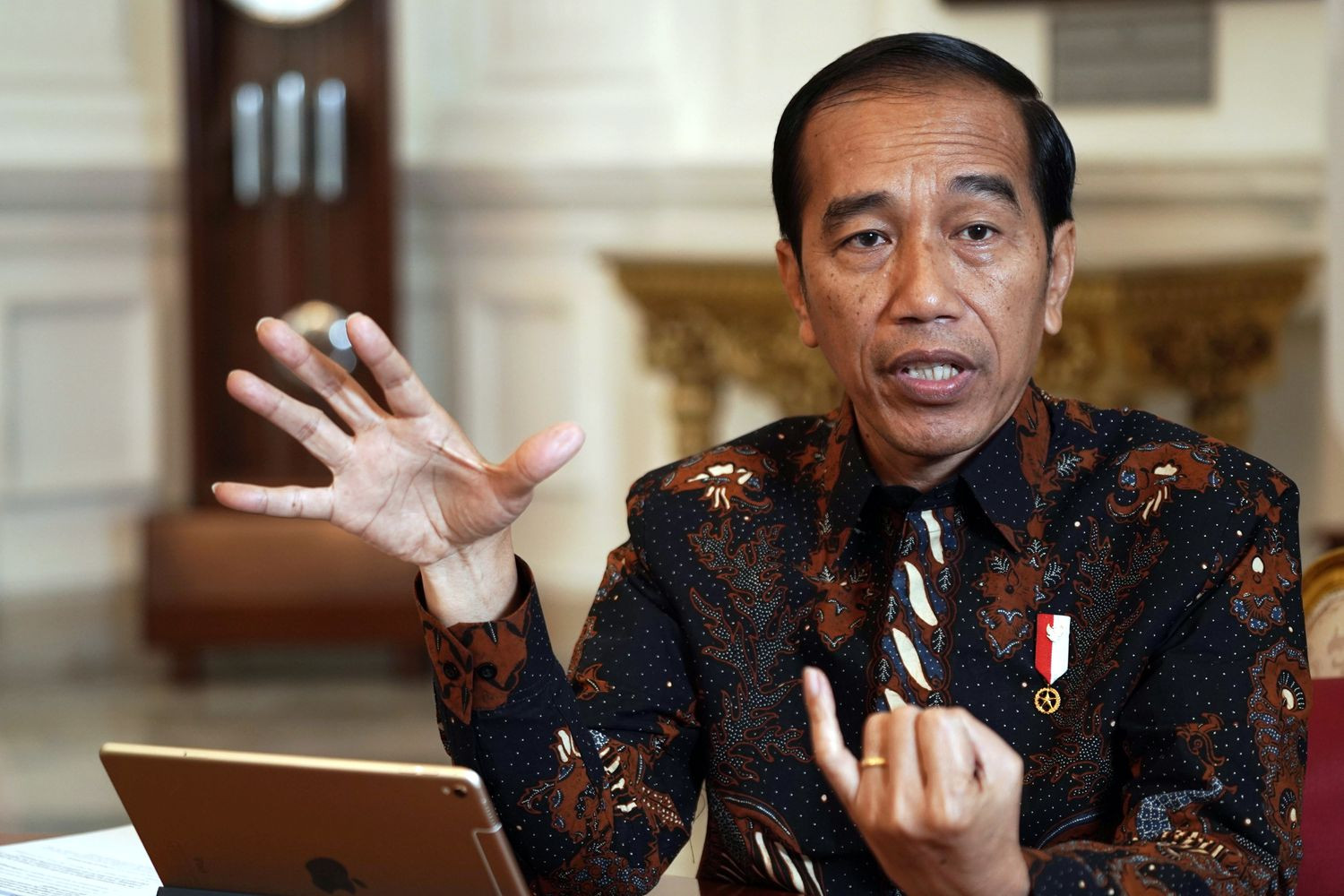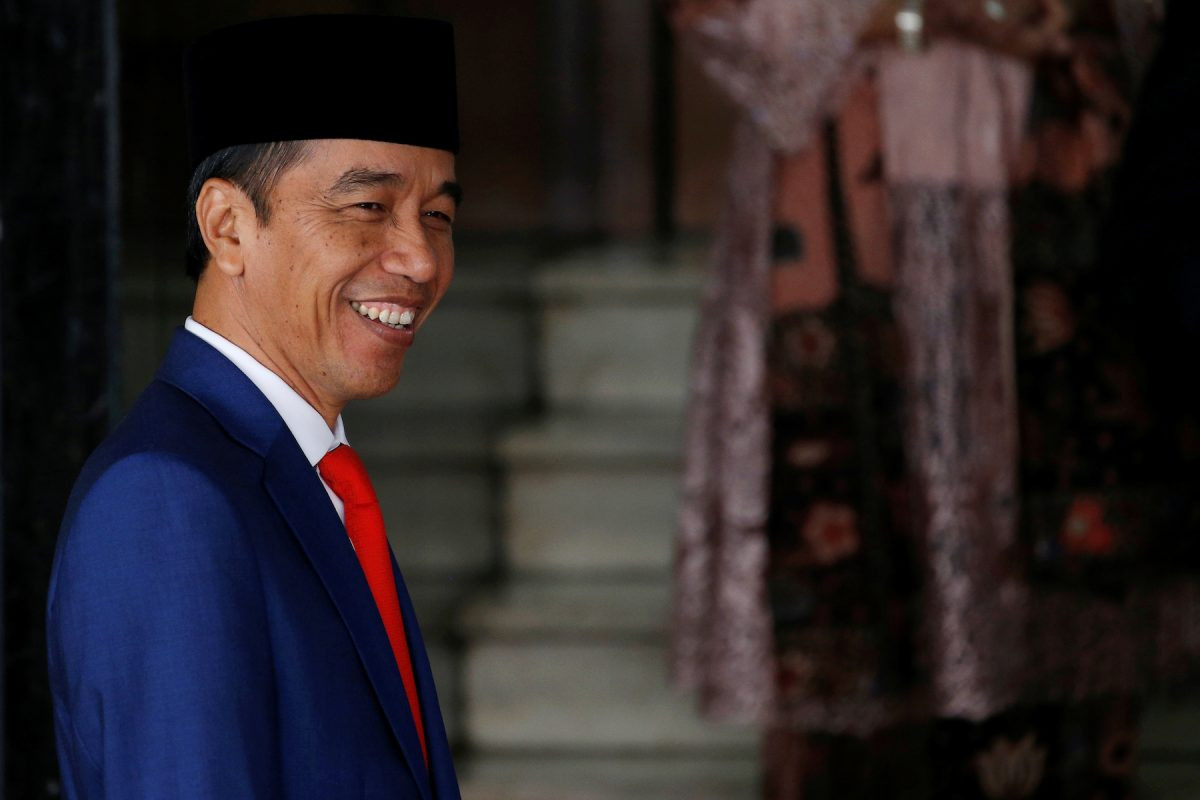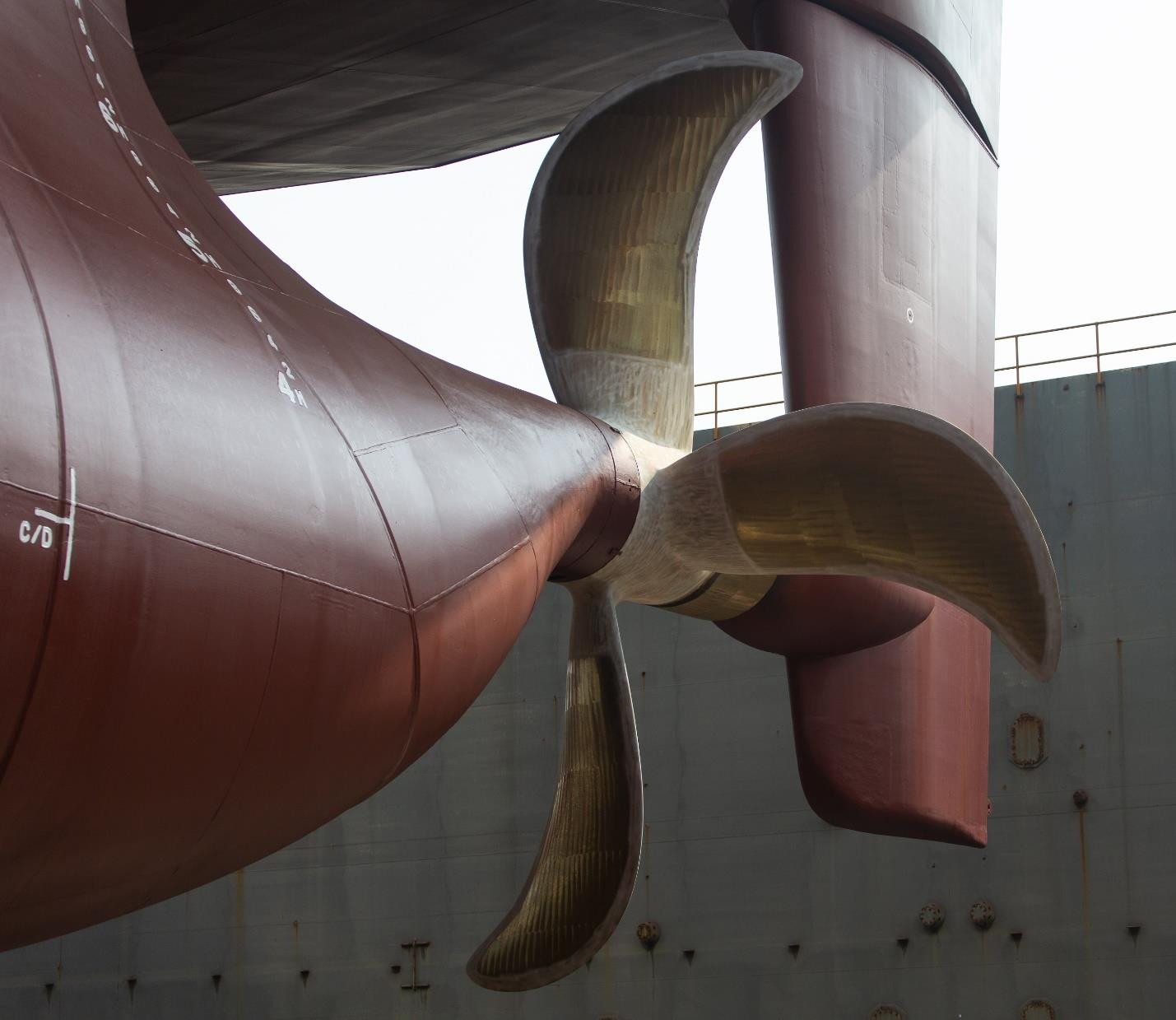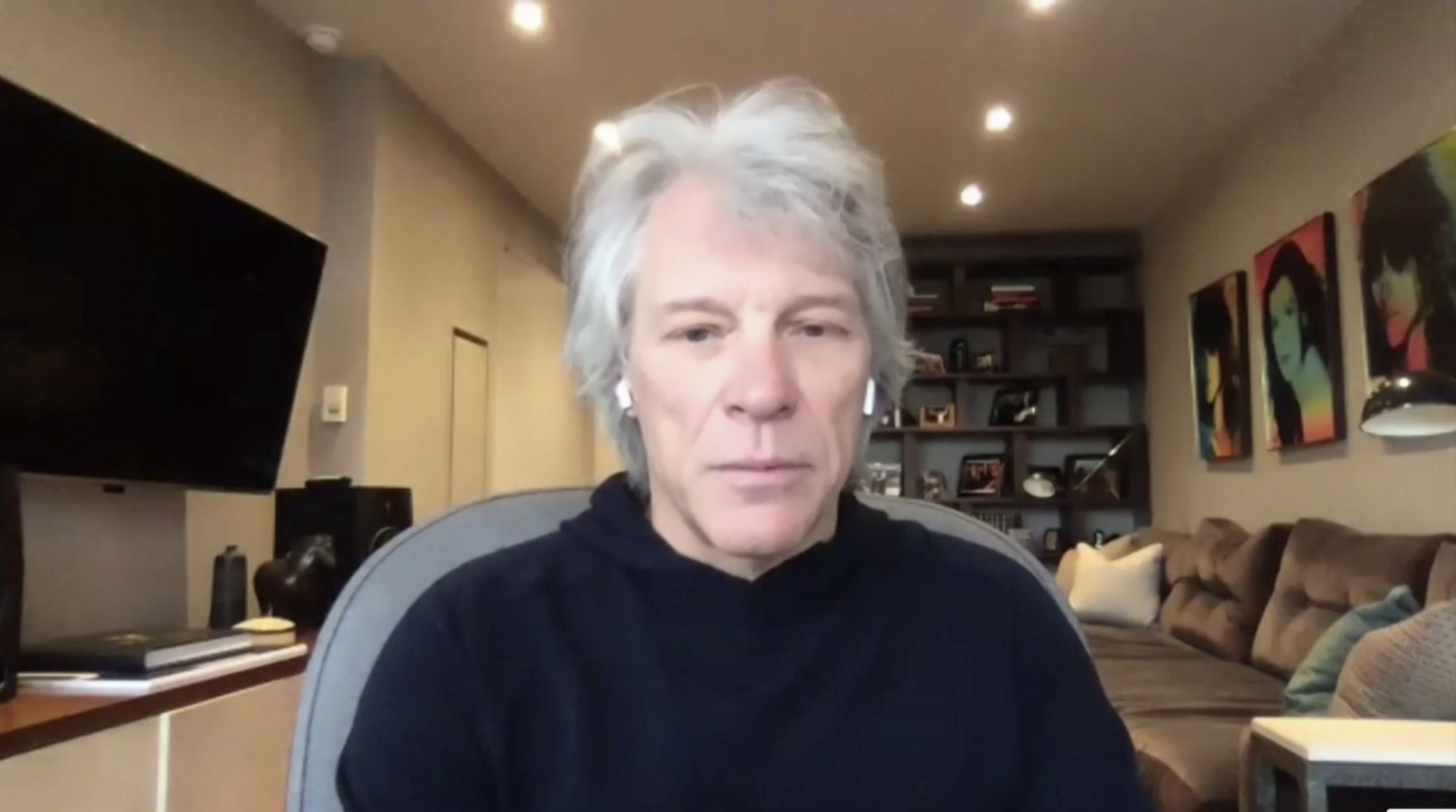Indonesia's newly-inaugurated President Prabowo Subianto has officially begun his tenure, taking the oath of office on Sunday and outlining his vision for the country's future. The 73-year-old former special forces commander, who won the February 14 election with nearly 60 percent of the vote, has promised to combat corruption, make Indonesia more self-sufficient, and foster a more "polite" democracy.
Wearing a traditional black hat and navy suit with a woven maroon and golden sarong, Prabowo officially became Indonesia's eighth president after he was sworn in during a ceremony at Indonesia's parliament. In a fiery speech to lawmakers, he expressed his commitment to serving all Indonesians and challenged the nation to help him tackle the country's problems.
"We must always realise that a free nation is where the people are free," Prabowo said, at times raising his voice. "They must be freed of fear, poverty, hunger, ignorance, oppression, suffering."
In a wide-ranging speech lasting about an hour, Prabowo outlined a number of ambitious goals. He expressed confidence that Indonesia could achieve food self-sufficiency within five years, while also pledging to boost energy production.
The new president, however, emphasized that his vision for a democratic Indonesia must be one of "politeness." "A difference of opinion must come without enmity… fighting without hating," he said.
Prabowo's inauguration ceremony was marked by a festive atmosphere in Jakarta, with thousands of flag-waving supporters thronging the streets.
After his speech, Prabowo wore a baseball cap and waved from his car's sunroof as he made his way to the presidential palace, passing by thousands of flag-waving supporters in a festival-like atmosphere. Flower boards outside the palace congratulated Prabowo and his running mate, Gibran Rakabuming Raka, the eldest son of outgoing President Joko "Jokowi" Widodo, or thanked Jokowi for his decade of service.
Jokowi's supporters also attended the celebrations, bidding farewell to Indonesia's outgoing leader. Anneta Yuniar, a bystander who had waved at Jokowi's motorcade as it slowly made its way past supporters before the ceremony, said she would miss him but that Prabowo was a strong leader. "Prabowo will continue the development that Jokowi started. There's continuity. It's what I want," she said.
However, Tobias Basuki, managing director of Aristoteles Consults, a Jakarta-based risk assessment firm, believes Prabowo's presidency may differ from Jokowi's in several ways. He anticipates a shift in focus from infrastructure development to human capital building.
In foreign policy, Basuki predicts that Prabowo will be "more flamboyant and grand" compared to his predecessor's "inward-looking" approach. He also believes Prabowo will seek to balance Indonesia's relationship with China and the United States.
Prabowo's ascension to the presidency comes after he faced allegations of involvement in the kidnapping of student activists and human rights abuses in Papua and East Timor. However, he has consistently denied these allegations, which led to his dismissal from the military in 1998.
The new president's focus on combating corruption and fostering self-sufficiency has been welcomed by many, but some remain cautious about his past and his potential impact on Indonesia's democratic trajectory. Only time will tell how his presidency will unfold and what impact it will have on the country's future.
A "Fat" Cabinet and Global Engagement
Prabowo announced his cabinet at the presidential palace late on Sunday following his inauguration. The line-up of 109 ministers, vice ministers, and head of national agencies was the largest in the country's history, compared to the 34 ministers and heads of government agencies in Jokowi's cabinet. Analysts have expressed concern that this "fat" cabinet could bloat the bureaucracy.
The cabinet will be sworn in on Monday morning.
Prabowo also touched on foreign policy during his speech, indicating Indonesia's non-aligned stance on the global stage. He expressed his support for the Palestinian people and pledged Jakarta's willingness to send more aid to Gaza.
International Reactions
The inauguration ceremony was attended by a number of foreign dignitaries, including about 20 heads of state. Among them was Australian Defence Minister Richard Marles, who expressed his intention to work with Prabowo's administration to strengthen the relationship between the two countries.
China's Vice President Han Zheng was also present at the inauguration, reflecting the strong ties between China and Indonesia. China's President Xi Jinping sent a congratulatory message to Prabowo, stating his intention to maintain "close strategic communication" with his Indonesian counterpart.
The United States' delegation was led by US ambassador to the UN Linda Thomas-Greenfield.
Prabowo's inauguration marks a new chapter in Indonesian politics. His promises of fighting corruption, promoting self-sufficiency, and fostering a more "polite" democracy have raised hopes among many Indonesians. However, the country's future under his leadership remains uncertain.
A Look Back
After two terms and a decade in power, Mr Jokowi has left an indelible mark on the nation of 280 million, presiding over a period of strong economic growth and massive infrastructure development. Critics, however, argue that his rule has been marked by a rise in old-time patronage and dynastic politics, and they express concern about diminished integrity in courts and other state institutions.
Despite these concerns, Prabowo's inauguration marks a significant moment in Indonesian history. The country is facing a complex set of challenges, including economic uncertainty, political polarization, and rising social tensions. It remains to be seen whether Prabowo will be able to effectively address these challenges and deliver on his promises of a more just, equitable, and prosperous Indonesia.


















